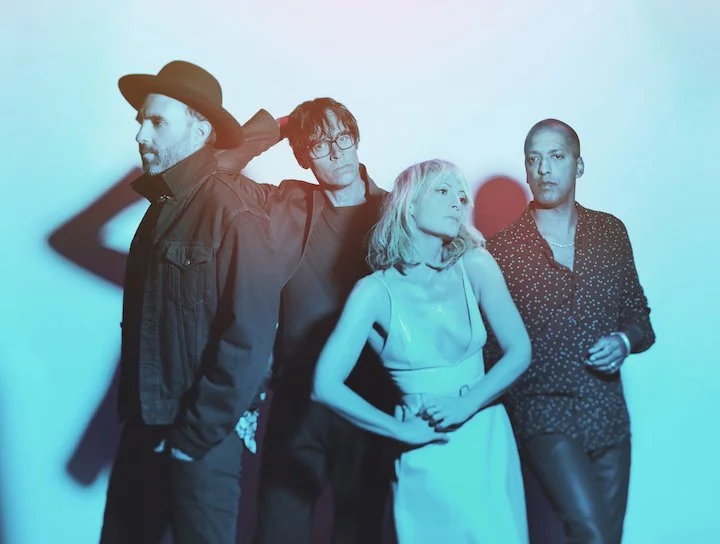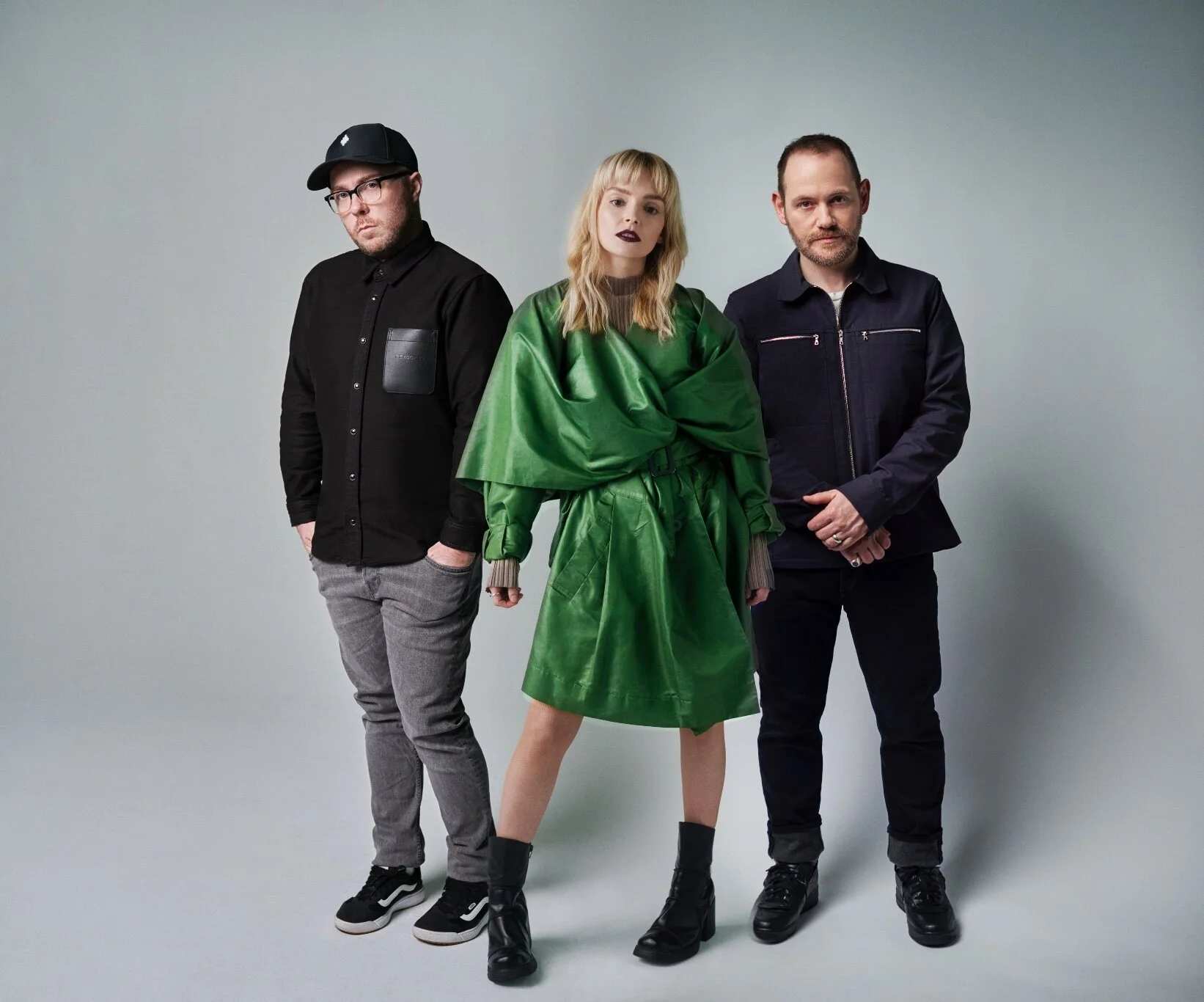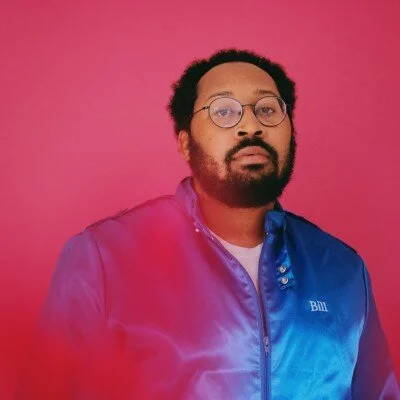Tim Kasher//Cursive
Tim Kasher's latest solo album is Middling Age. In this podcast episode, the Cursive frontman explains why he's a "militant reader" and why he doesn't subscribe to the Hemingway credo of "write first, read later."
But does he believe that you should always write when you're hungry? Listen for the answer to that, and hear why he thinks songwriters always sing about "walkin' down the street." Full podcast episode and video excerpt below!
Falling asleep on the job is usually not a good thing. But Emily Haines says that if you’re in Metric, it can be a great thing.
A move to Upstate New York has given Derek Miller of Sleigh Bells two boons to his creative process: football and the chance to get really, really loud.
Lauren Mayberry of Chvrches has a songwriting process that involves spreadsheets, Pinterest boards, and hotel pens. And a jar full of scrap paper.
Steve Gunn’s songwriting process never stops. Even when he’s not writing, his receptors cast a long throw over his environment as he mines for ideas.
Whether he’s longboarding or reading to his kids or drawing, Bardo Martinez of Chicano Batman is always thinking about his next song.
“Raw source material is supposed to be crap,” Michelle Zauner says. “You have to allow yourself to be terrible.” Her best writing comes in the revision process, not in those “garbage” first drafts.
Josh Kolenik of Small Black draws from both Excel spreadsheets and Raymond Carver when he writes songs. He looks everywhere for inspiration. “It’s important to have a breadth of material to draw from,” he says.
There are days when the songs just won’t stop coming, says Bartees Strange. His job as an artist is to stand there and try to catch all those ideas. “It’s like holding a bucket outside in the rain,” he says.









Will Sheff believes in writing every day, first thing in the morning. But he’s also a firm believer in loafing.